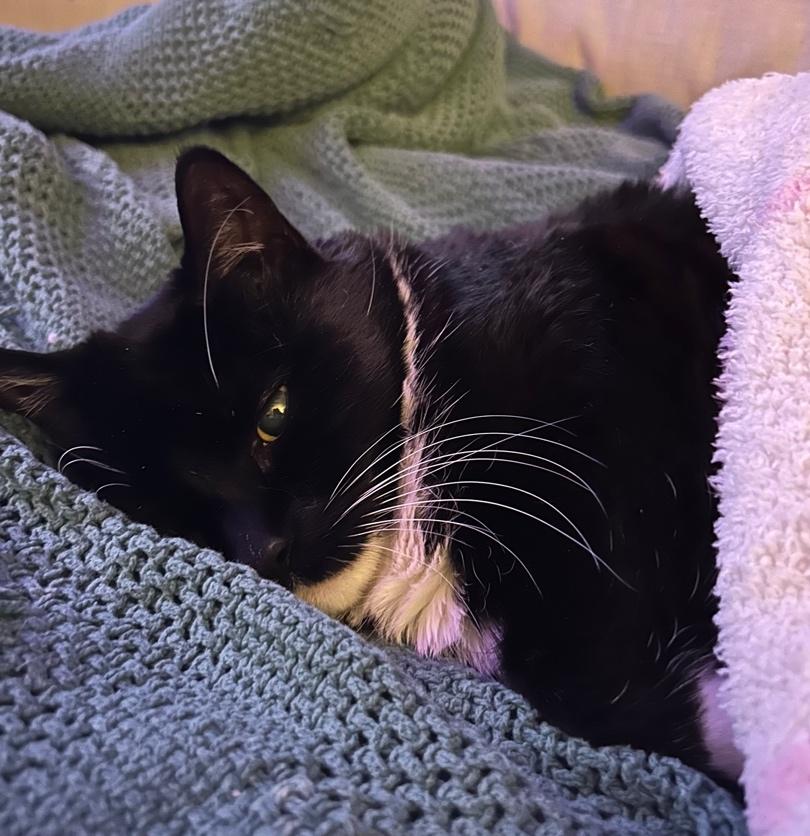Watching our best friend get older is never easy, but with good care and a fair amount of luck, cats can live well into their late teens and even early twenties. As they age, however, we do need to adjust our care for them. Like humans, cats may become hard of hearing, lose their sense of smell, and develop blindness, arthritis, or brittle bones. These changes will require modifications to their environment and to the ways we interact with them. We may need to limit the amount of jumping they have to do by offering step ladders to couches and beds. Children and other animals may have to be taught new strategies for playing with an aging feline. Elderly cats also become more sensitive to the cold and may need a heated bed, a covered hidey, or new, wooly blankets.
Changing an aging cat’s experience of the home environment is one thing. Another is for us to become more vigilant in our daily care for them. Cats are notorious for hiding symptoms of pain, and as loving owners, we should never skimp on vet visits for a geriatric cat. Any slight changes in an elderly cat’s behavior can be a sign that something is wrong.It is important to discuss diet choices with a vet.



